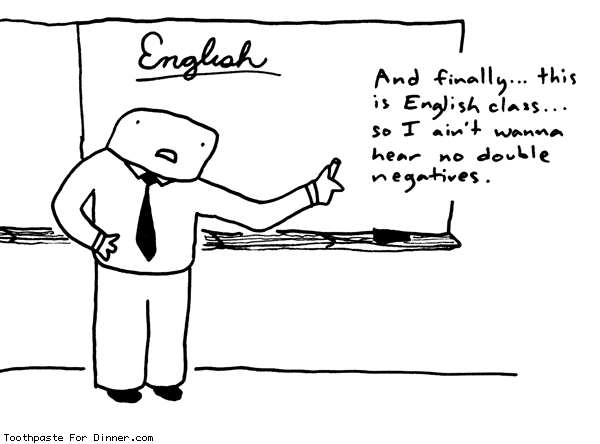
Reflection of English Class this Year:
Wow, so can I just say that english class this year went by so fast? When I first walked into my english class this year, I'm not going to lie, I was afraid because the entire class was filled with girls. Over time, I feel as though I made so many new friends through this class with people I never talked to before. But back to the "learning" part of english:
English class this year allowed me to explore all parts of english that I never knew existed. I know it sounds cheezy, but last year I was limited to rhetoric and truth in AP Language. AP Literature is definitely something that I thought I could never get a grasp of. I remember the first couple days of school, we were assigned a poetry assignment based on the book "Heart of Darkness". Although I didn't understand why or how I was even going to come up with a poem that even sounded sincere, I learned that week a whole different side of english that consisted of feeling and emotion. I never thought that writing in english class could be so theatrical or even slightly entertaining. I must say that was one of my all time favorite writing assignments, because I was so used to writing essays and notes.
Another thing I wanted to point out was the fact that I definitely talked more than I did last year. In student run discussions, I showed more interest this year than I did last year. I remember being mad quiet in the corner of the room last year, but now I think I involve myself more in conversations and discussions in class. I feel as though this year's english class also helped me on a more organizational basis. One thing my teacher this year enforced was organization. Every week in the beginning of the year, our teacher would have weekly organizers and calendars that we would follow up on. As the year ended, we became more independent and began organizing our work and due dates ourselves. I can honestly say that this year's english class has helped me with organization in all of my other classes.
On a literary level, I definitely have improved in my writing as well as my analytical thought. In the beginning of the year, I did not understand what my teacher said when he said to focus on "universal themes" in books. To me, that meant love, hate, or friendship. After reading so many different books and short stories in class, I began to realize that "universal themes" are way more controversial than the things I was taught my last three years of high school. "Universal themes" consist of controversy in the world that everyone might not agree on. I feel as though reading this year also helped make me more aware of these themes as well. I can remember in the beginning of the year, I was not excited about reading so many books for english because I am a slow reader and sometimes I can't remember what I just read. This year in english helped my reading, as well as my comprehension. I feel as though I was given the opportunity to brush up on my english skills, while also embracing a whole other world of english that I have been sheltered from ever since Freshman year.
Reflecting on this entire year, there have been times when I just wanted to give up (like the day before a research paper was due), but I always pulled through and tried my best to find a "universal theme" in everything I did. I feel as though I had a good time in english class this year, as hard it is to believe. I actually looked forward to period 7 english class because it was a time for me to get my thoughts heard in class. I think I appreciated this class so much as well as my other peers, because this was the one class where we could get our thoughts heard, and our opinions were not looked down upon. In my other classes, we are expected to memorize things that other people come up with, and we can't even think for ourselves. English Literature this year was a very creative class, and I really liked the way it was so chill and relaxed, although we got a lot of work done. This class was very fun, and I feel as though my writing would not have been able to improve so drastically if I was not exposed to everything I was exposed to this year in AP English Literature. I can honestly say that this class meant a lot to me in my senior year, and I feel as though this class grew on me, and I learned so many things that I can take with me in other aspects of my life that I learned from my period 7 AP English Literature Class.
Ending on that note, below are numerous works of mine that were part of the English Literature course. These are all samples of my work, and a brief description is at the top of each work! Enjoy!